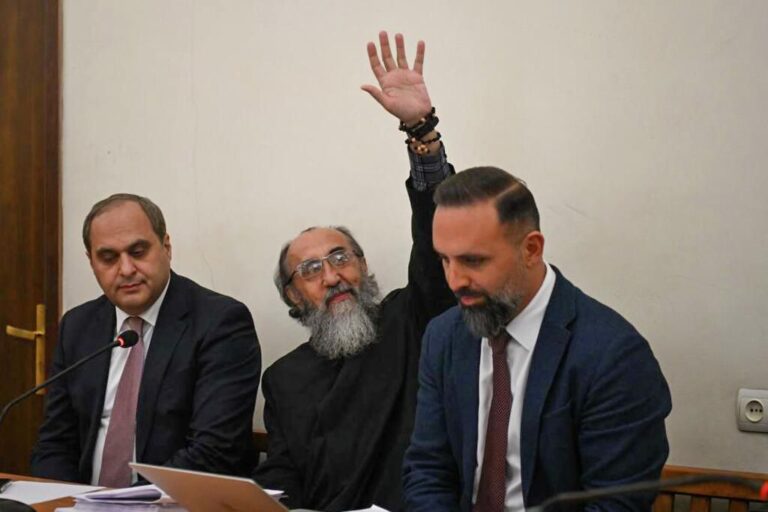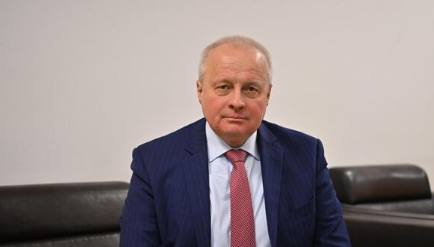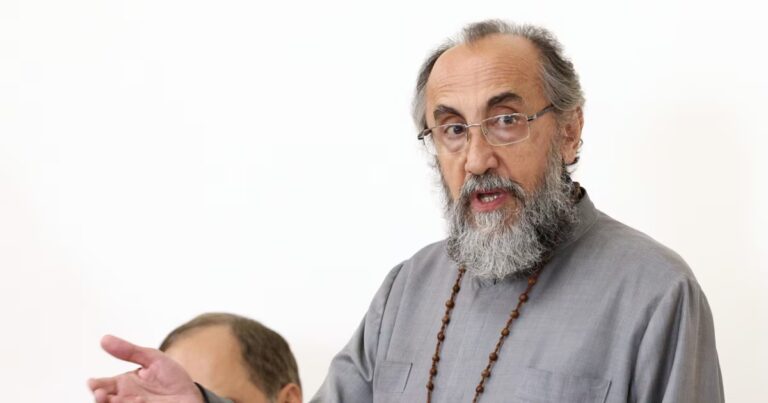The Zangezur corridor is more real than any of Pashinyan’s promises
November 22 2024, 12:00
Even despite the change in Nikol Pashinyan’s image, neither Turkey nor Azerbaijan are giving up on the Zangezur corridor project. Seriously speaking, even though the Armenian authorities say that the issue of communications has been moved beyond the negotiations on the “peace agreement”, it is obvious that Baku and Ankara will soon return not only to discussing this topic but may also initiate other, less pleasant processes.
This is exactly what stands behind the statements by Turkish Minister of Transport and Infrastructure Abdulkadir Uraloglu. Yesterday, the Turkish official said that the largest transport project between Azerbaijan and Turkey is the Zangezur corridor.
“We are promptly continuing the processes with the Azerbaijani side in this direction. It will be up to our Azerbaijani brothers to decide whether the corridor will pass through the territory of Armenia or Iran. Then this corridor will pass through Nakhchivan to Turkey. We have completed our project in Turkey, held our tender, and in the coming days we will begin construction work and provide direct transport links between Turkey and Azerbaijan,” the Turkish minister said.
What do these statements “in real politics” and “on the ground” mean for Armenia?
1. Despite postponing the discussion of communications for later, the corridor project is actively developing. Following Baku, Ankara began to make real investments in the infrastructure of the project.
2. This, in turn, means that even if a “peace agreement” between Armenia and Azerbaijan is signed through Erdogan’s mediation, no less grueling negotiations on communications can begin immediately after it. Moreover, it will be not a regional unblocking—Armenia lost this chance with the refusal to implement the November 9, 2020 agreement—but the opening of the “Turkish corridor”.
3. If we add to the statements by the Turkish minister recent statements by Azerbaijani President Ilham Aliyev calling for “an end to Armenia’s militarization”, it will become obvious that Baku and Ankara will demand not only “a simplified customs regime for travel through the territory of Armenia” but also to control “the safety of goods and the passengers” since Armenia, deprived of its military potential, will not be able to do this.
4. Add to this the pace of the withdrawal of Russian troops from various sections of the Armenian border and Ankara’s obvious demand for the withdrawal of Russian border guards from the entire perimeter of the Armenian-Turkish border, and it becomes clear that the matter may not be limited to the “corridor”. Moreover, if the above happens (the opening of the “corridor”, the control of communications on the territory of Armenia by Turkey, the withdrawal of Russian troops from the Armenian-Turkish border and checkpoint), then it will be obvious that the Armenian authorities are doing everything possible so that Turkey’s transformation into a “guarantor of Armenia’s security” has no alternatives. Only in this case can Pashinyan have at least a slim chance of continuing his “political career.”
Think about it…








